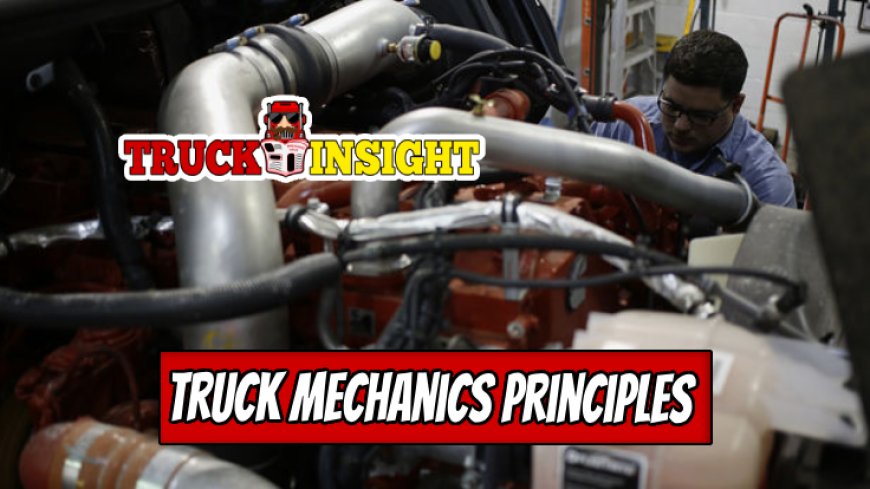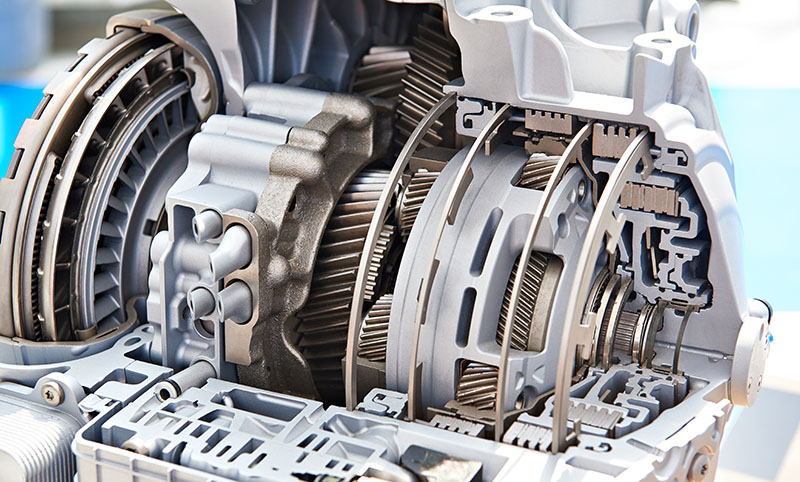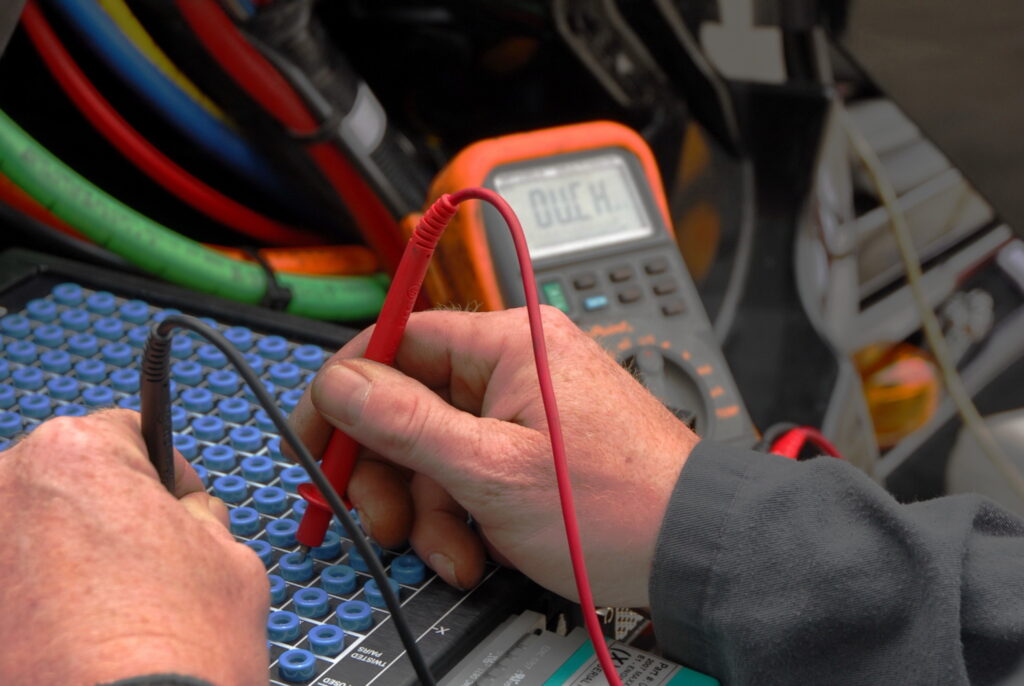Guide to Understanding Truck Mechanics Principles
Unearth the fundamental principles of truck mechanics. An essential read for anyone seeking a successful career in the truck mechanics field.

Truck mechanics principles are the lifeblood of modern-day trucking industry, acting as the foundation on which every truck functions. To many, these principles may seem intricate, often even intimidating. However, understanding these principles is a much simpler task than you might imagine. With a blend of curiosity and persistent learning, anyone can grasp the basic tenets of truck mechanics. This guide aims to help you do just that, delivering an easy-to-follow yet deeply insightful look into the fundamental principles defining truck mechanics.
Demystifying Truck Mechanics Principles
Before we delve into the heart of this fascinating subject, it's important to note that the world of truck mechanics is broad, housing a plethora of principles each as vital as the other. This guide will focus only on the foundational principles governing the general operation of all trucks.
Table of Contents
- Understanding the Engine: The Heart of Truck Mechanics
- Different Truck Transmissions
- The Importance of Suspension Systems in Trucks
- Decoding Truck Braking Systems: An Essential Principle of Truck Mechanics
- The Mechanics of Fuel Systems in Trucks
- The Essential Role of Electrical Systems in Trucks
- Truck Diagnostics and Monitoring Systems: The Digital Revolution in Truck Mechanics Principles
- Conclusion: The Way Forward for Truck Mechanics
Understanding the Engine: The Heart of Truck Mechanics

The engine is unarguably the heart of truck mechanics. Considered the most critical part of any vehicle, it is responsible for providing the necessary power to move the truck. Inside the complex network of parts that make up an engine, combustion takes place, converting fuel into motion.
Typically, truck engines are one of two types:
- Diesel Engine: Known for their exceptional durability, torque, and fuel economy, diesel engines are widely preferred in the trucking industry. They employ direct fuel injection and compression ignition, resulting in higher efficiency.
- Gasoline Engine: As an alternative to diesel, some trucks use gasoline engines. While they might not deliver the same level of fuel efficiency, their lower initial cost makes them an attractive choice for some users.
Understanding these engines' workings are essential in mastering the principles of truck mechanics.
Different Truck Transmissions

In the realm of truck mechanics principles, the transmission holds a vital role. The transmission is responsible for transferring engine power to the wheels, allowing the truck to move. It moderates the engine's power output through gear ratios, ensuring the vehicle moves at the desired speed "without straining the engine too much," in truck mechanic lingo.
When you observe closely, you will notice that trucks typically employ one of the following types of transmissions:
- Manual Transmissions: Imagine a time when you had greater control over a process. That's precisely the feeling manual transmission provide. Drivers manually shift the gears with a clutch pedal and a gearshift.
- Automatic Transmissions: These transmissions leverage electronic sensors and hydraulic fluid to determine and shift gears automatically, providing a smoother ride with less manual intervention.
- Automated Manual Transmissions (AMT): As a hybrid of the two previously mentioned types, AMTs offer the efficiency of a manual system coupled with the convenience of an automatic.
Regardless of the type of transmission under the hood, each offers distinct benefits depending on the truck's intended use, making it vital to comprehend how each interacts with the rest of the truck mechanics principles.
The Importance of Suspension Systems in Trucks
Next in line for our deep dive into truck mechanics principles is the suspension system. This crucial truck component is tasked with absorbing road shock, providing stability, and ensuring the truck and cargo's safety during transportation. Put simply, the suspension system contributes significantly to a truck's overall smooth and controlled ride.
Key Components of a Suspension System:
- Spring: It absorbs the energy from road bumps and uneven terrains and prevents the shocks from reaching the vehicle's body.
- Shock Absorber: Working hand-in-hand with the spring, a shock absorber ensures the energy absorbed by the spring is not released back.
- Control Arm: It connects the vehicle's frame to the steering knuckles, contributing to the vehicle's stability.
By ensuring a comfortable ride and maintaining optimal road contact, the suspension system proves its significance time and time again in the truck mechanics principles.
Decoding Truck Braking Systems: An Essential Principle of Truck Mechanics

The brakes on a truck go far beyond merely stopping the vehicle. They balance the truck's various mechanics to maintain control, guaranteeing the safety of the cargo, the driver, and other road users. Let's delve into this paramount principle of truck mechanics.
A Glimpse into the Basic Components:
- Brake Pedal: It's the trigger point where the driver initiates the braking process.
- Master Cylinder: Operated by the brake pedal, it pumps brake fluid into the brake lines.
- Brake Lines and Hoses: These are channels that distribute the brake fluid to each wheel's braking unit.
- Brake Pads: These create friction with the brake rotors, slowing down or stopping the truck.
Now that we've dissected the braking system's basics, it's clear that understanding and maintaining it is an integral part of truck mechanics. Remember, a well-tuned brake system not only stops the truck but also saves lives.
The Mechanics of Fuel Systems in Trucks
We've discussed the engine and the brakes but what about the true lifeblood of these systems - the fuel? A truck's fuel system ensures the smooth delivery of fuel from the tank to the engine, powering the whole operation. This "highway" for fuel constitutes an essential principle within truck mechanics, frequently overlooked yet indispensable.
"Every component of the fuel system has a perfectly defined role, contributing to the truck's overall power and performance."
From the fuel tank to the fuel pump, injectors, and filters, each component must work in harmony to guarantee sufficient and efficient fuel supply. Any failure in this system may lead to significant performance issues and potential engine damage.
The Essential Role of Electrical Systems in Trucks

In the digital era we live in, electrical systems have taken up a critical role in truck mechanics. Today's trucks are equipped with a variety of electronic features that enhance operational efficiency, safety, and driver comfort.
Some notable electrical components include:
- Starters: These electric motors crank the engine to start the truck.
- Alternators: They generate electrical power for the truck's electrical components and recharge the battery.
- Sensors: A wide range of sensors collect data about performance, driver behavior, and potential problems.
Electrical systems, while not traditionally a focus in truck mechanics, are becoming increasingly important as technology continues to advance and permeate the trucking industry.
Truck Diagnostics and Monitoring Systems: The Digital Revolution in Truck Mechanics Principles
As technology evolves, so does the trucking industry. The advent of advanced diagnostic and monitoring systems has brought about a revolution in truck mechanics. Unlike before, today's trucks can self-diagnose, alerting drivers and mechanics to potential issues before they become serious problems.
From tire pressure monitoring systems and engine management systems to telematics devices, this new realm of truck mechanics is using technology to redefine efficiency, safety, and vehicle longevity. Truly, we are in the midst of a digital revolution in truck mechanics principles.
Conclusion: The Way Forward for Truck Mechanics
As we conclude our exploration of truck mechanics' principles, it's clear that these are much more than mere workings of metal and rubber. They function together to create a symphony of power, efficiency, and reliability that is the modern-day truck. Moreover, new chapters are being continually added to this volume of truck mechanics principles by way of technological advancements.
Whether you're pursuing a career in truck mechanics or simply a truck enthusiast seeking to expand your knowledge, understanding these principles is the key to unlocking the full potential of these mechanical marvels. So keep digging, keep learning, and remember: every journey begins with a single rev of the engine.
What's Your Reaction?





























































